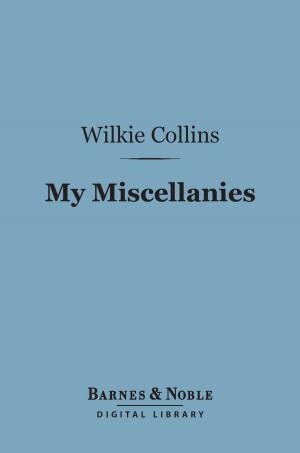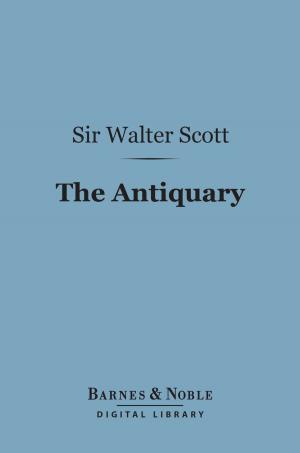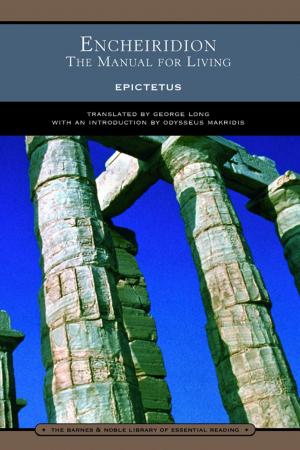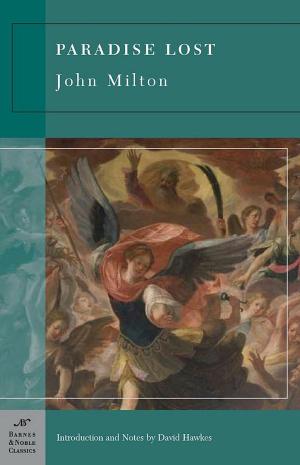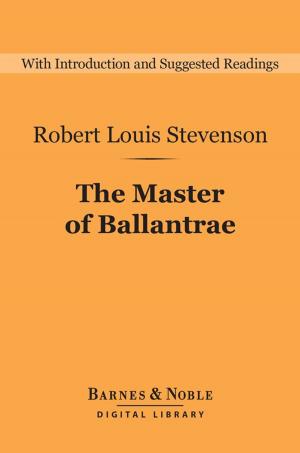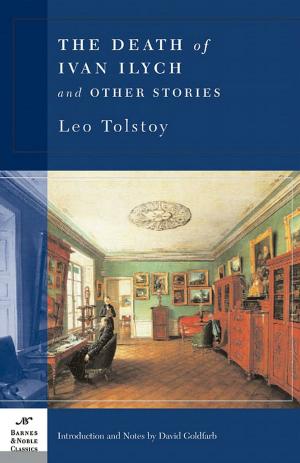Timaeus and Critias (Barnes & Noble Library of Essential Reading)
Nonfiction, Religion & Spirituality, Philosophy, Metaphysics| Author: | Plato | ISBN: | 9781411430853 |
| Publisher: | Barnes & Noble | Publication: | September 1, 2009 |
| Imprint: | Barnes & Noble | Language: | English |
| Author: | Plato |
| ISBN: | 9781411430853 |
| Publisher: | Barnes & Noble |
| Publication: | September 1, 2009 |
| Imprint: | Barnes & Noble |
| Language: | English |
Plato’s ambitious dialogue Timaeus and the unfinished Critias were meant to be part of a trilogy that would outline a proper and sufficiently detailed natural philosophy and cosmology. The Timaeus is Plato’s spirited response to the cosmogony and physics of the “atheist” Atomist philosophers Leucippus and Democritus. The Critias presents what might be a famous Platonic fiction: the story of Atlantis, recounted as a moral metaphor for the cycles of human history. In Plato’s philosophy, history and nature are both governed by the order that Reason imposes on an initially chaotic and recalcitrant material universe. Both natural philosophy and philosophic history are, in this view, imbued with rational meaning; the serious reader is expected to gain a proper understanding of moral values in addition to grasping the mechanisms of the material universe and human history. Conversely, according to Plato, the failure to study philosophy properly is dangerous for morality and would allow the ordered to return to chaos.
Plato’s ambitious dialogue Timaeus and the unfinished Critias were meant to be part of a trilogy that would outline a proper and sufficiently detailed natural philosophy and cosmology. The Timaeus is Plato’s spirited response to the cosmogony and physics of the “atheist” Atomist philosophers Leucippus and Democritus. The Critias presents what might be a famous Platonic fiction: the story of Atlantis, recounted as a moral metaphor for the cycles of human history. In Plato’s philosophy, history and nature are both governed by the order that Reason imposes on an initially chaotic and recalcitrant material universe. Both natural philosophy and philosophic history are, in this view, imbued with rational meaning; the serious reader is expected to gain a proper understanding of moral values in addition to grasping the mechanisms of the material universe and human history. Conversely, according to Plato, the failure to study philosophy properly is dangerous for morality and would allow the ordered to return to chaos.

